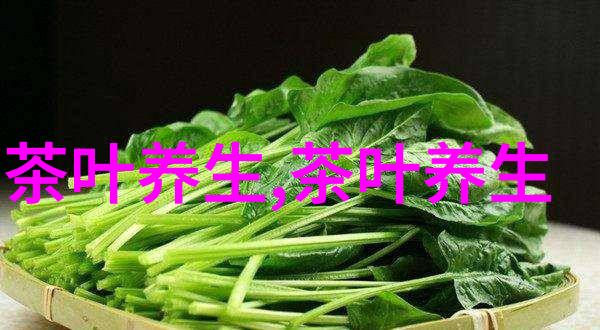As we delve into the world of Chinese teas, one cannot help but be captivated by their rich history and diverse offerings. The art of tea-making has been an integral part of Chinese culture for centuries, with each region boasting its own unique varieties that have captured the hearts and taste buds of people around the globe. Among these numerous options, there are ten teas that stand out as particularly renowned for their exceptional quality and cultural significance. In this article, we will embark on a journey to explore these ten great teas in English translation.

Longjing (Dragon Well) Tea
Longjing tea is perhaps one of China's most celebrated green teas due to its distinctive flat shape resembling dragon scales when dried. Its name translates to "dragon well" in English, which reflects both its visual appeal and association with mythical creatures revered in Chinese culture.

Mao Feng (Hair-like Tips) Tea
Mao Feng tea takes its name from the delicate hair-like tips found on young leaves used for brewing this particular variety. It boasts an elegant appearance alongside a subtle yet refreshing taste profile making it a popular choice among connoisseurs worldwide.

Gunpowder Green Tea
Named after its small pellet appearance reminiscent of gunpowder balls, Gunpowder Green Tea is another highly sought-after green tea option within China's top 10 list.

4.Yunnan Gold Black Tea
Yunnan Gold Black Tea derives its name from Yunnan Province where it originates as well as the golden hues present during brewing processes.

5.Tieguanyin (Iron Goddess)
Tieguanyin or Iron Goddess is named after Guanyin—the goddess of mercy—a figure deeply respected within Taoist mythology—due to her connection with iron ore deposits found near Tieguanyin production areas.
6.Lu Shan White Peony
Lu Shan White Peony earns its moniker from Lu Mountain where this white tea grows while paying tribute to "White Peony," symbolizing purity and innocence within traditional Chinese aesthetics.
7.Wuyi Oolong
Wuyi Oolong gets derived from Wuyi Mountains where it originated; oolong refers specifically to partially fermented black teas such as those produced here that fall between green & black categories.
8.Xihu Longjing
Xihu Longjing can be translated back into Dragon Well again since they share origins; however Xihu means 'west lake,' reflecting connections made through Lake West's natural environment influencing local agricultural practices leading up towards producing high-quality green teas like this one too!
9.Meng Ding Huang Ya
Meng Ding Huang Ya literally translates into Yellow Buds Of Mengding because yellow buds are picked fresh before being steamed only once resulting in distinctively light-colored leaves offering unique flavors compared other types available today!
